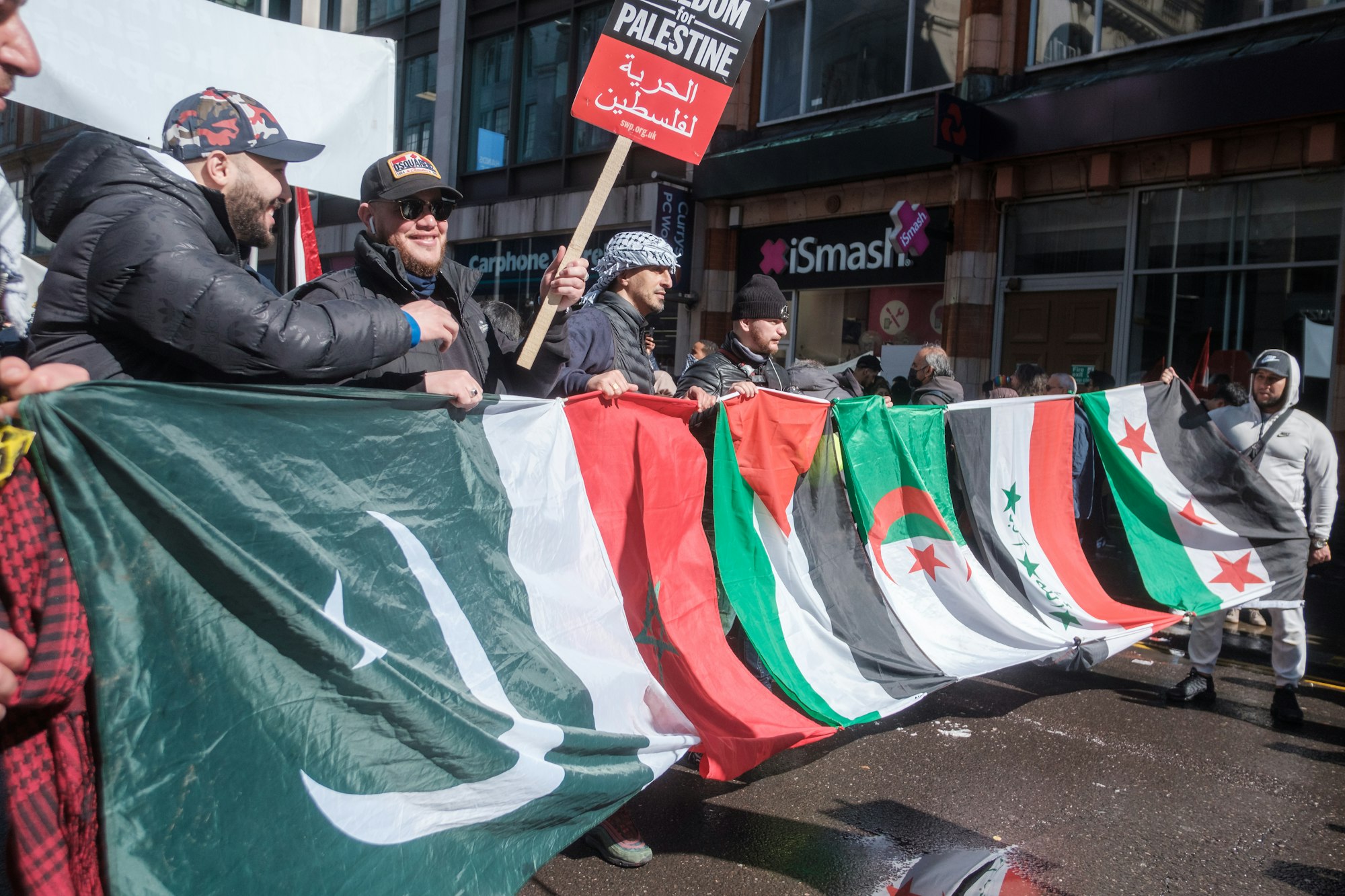The Rafah Border Crossing: A Glimmer of Hope Amidst Challenges
While the importance of ensuring that humanitarian aid is not diverted for other purposes is clear, finding a balance that expedites the delivery of essential supplies remains a critical challenge.

The opening of the Rafah border crossing between Egypt and Gaza on October 21, 2023, marked a significant development in the ongoing efforts to address the dire humanitarian crisis in Gaza. However, this glimmer of hope is accompanied by a multitude of challenges that continue to affect the region's residents and exacerbate their plight.
Protracted Closure and Stranded Aid:
The prolonged closure of the border crossing had led to a critical situation, leaving more than 200 trucks filled with essential aid stranded in Egypt. As Gaza faced dwindling supplies of food, medicine, and water, the urgent need for assistance became increasingly evident. The closure served as a stark reminder of the vulnerability of the population and the pressing need for effective aid distribution.
Inspection Concerns:
One of the significant roadblocks in facilitating aid delivery to Gaza has been concerns related to the inspection of aid shipments. The Israeli government's apprehensions regarding the nature of items entering Gaza have added complexity to the process. While the importance of ensuring that humanitarian aid is not diverted for other purposes is clear, finding a balance that expedites the delivery of essential supplies remains a critical challenge.
Read More News from WorldFuture

Uncertainty Surrounding Outbound Travel:
For the residents of Gaza, the uncertainty surrounding outbound travel through the Rafah border crossing adds to their apprehension. The ability to leave the territory for various reasons, including medical treatment or family reunions, remains unclear. This uncertainty further underscores the pressing need for sustained efforts to alleviate the hardships faced by the people of Gaza.
Chaos and Protests:
The chaotic scenes at the border crossing, with people desperately waiting for aid and seeking opportunities to leave Gaza, have triggered protests across the region. These protests are not only a manifestation of the frustration and despair felt by the population but also a call for immediate and effective action to address the ongoing humanitarian crisis.
Inadequate Aid:
While the opening of the border crossing allowed some aid to enter Gaza, it has become apparent that the amount received is far from adequate. The extent of the humanitarian crisis in the region requires a continuous and substantial flow of humanitarian assistance to meet the needs of the affected population.
The Call for a Secure Corridor:
Recognizing the ongoing challenges, the Hamas-run government in Gaza has called for the establishment of a secure corridor that operates around the clock. This corridor is seen as a means to facilitate the continuous and unhindered flow of aid into Gaza, allowing for a more efficient response to the humanitarian crisis.
Restrictions on "Dual-Use" Items:
The Israeli government's restrictions on "dual-use" items, which have potential applications for both civilian and military purposes, have added an additional layer of complexity to the aid delivery process. The requirement for aid shipments to undergo inspection before crossing into Egypt, while important for security concerns, has slowed down the distribution of humanitarian assistance.
The Road Ahead: Balancing Security and Humanitarian Needs
As the Rafah border crossing gradually allows vital aid into Gaza, the situation remains fraught with complexities. The protracted closure, inspection issues, and uncertainty surrounding outbound travel underscore the formidable challenges faced in addressing the humanitarian crisis. The ongoing plight of Gaza's residents necessitates urgent and sustained efforts to provide the necessary relief.
Gaza's population is not only waiting for the flow of aid but also for a lasting solution that can alleviate their suffering and promote stability in the region. Striking a balance between security considerations and the imperative of addressing humanitarian needs is an ongoing challenge in this complex and long-standing conflict. The international community's engagement in resolving these issues remains vital to ensuring the well-being of those affected by the crisis.

